The Civic Space Initiative
Since 2019, ICNL has tracked 270 proposed or enacted legal initiatives in 72 countries that restrict the space for civil society. The trend is truly global and includes laws and regulatory measures that impede the formation of civil society organizations, their ability to seek and secure resources, and the freedom to peacefully assemble. In some countries, governments and non-state actors, often acting with impunity, have further undermined civic space with stigmatizing rhetoric, threats, harassment, and attacks against civil society and its representatives. These constraints have been exacerbated by government responses to the COVID pandemic.
The Civic Space Initiative (CSI) was created to address this troubling trend. It works to ensure that people can come together, act collectively on issues that matter, engage with their governments, and ultimately improve their lives.
The CSI is an alliance of four global organizations – ICNL, ARTICLE 19, CIVICUS, and the World Movement for Democracy – collaborating to create a world in which civil society can thrive.
The CSI is supported by the Government of Sweden.
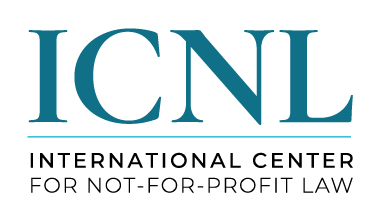
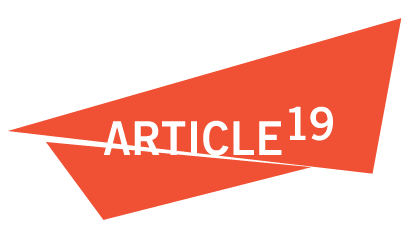
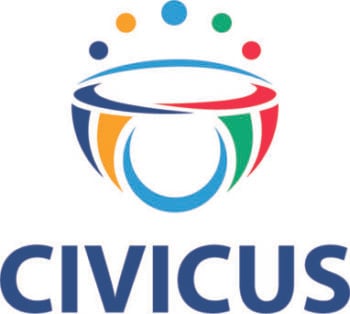
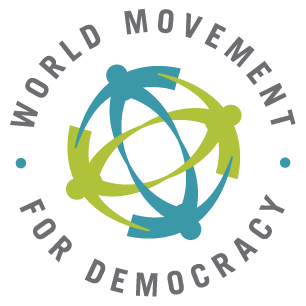
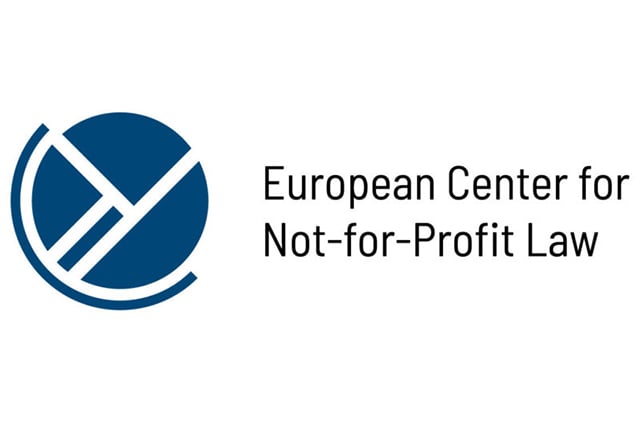
The European Center for Not-for-Profit Law
ECNL is a pivotal part of the CSI’s engagement with the UN, particularly with the Human Rights Council and other Geneva-based UN human rights institutions. They play a leading role in the CSI’s joint efforts on several initiatives, including working with the Human Rights Committee to raise awareness of the Art 21 General Comment, interacting with states and OHCHR on the resolutions affecting civil society and human rights, and supporting OHCHR implementation of the public participation resolution.
Impact & Goals
Since its inception in 2012, the CSI has sought to promote and protect the space for civil society – from ensuring that civic activists can participate meaningfully in the work of UN special rapporteurs, to empowering civil society to guard against restrictions stemming from the Financial Action Task Force standards, to working alongside civil society colleagues in Myanmar to shape a new law on associations.
Goal 1
Influencing Law & Policy
For civic space to thrive, it needs a strong legal framework that protects and promotes the right to freedoms of assembly, association, and expression. The CSI is influencing policies at the national, regional, and international levels to achieve this goal.
EXPLORE FURTHERGoal 2
Empowering Civil Society
A vibrant civil society is a powerful engine for improving people’s lives. The CSI works alongside civil society organizations and empowers them to act together to promote and uphold civic freedoms.
EXPLORE FURTHERGoal 3
Increasing Public Support
Change does not come from legal reform alone. The protection and promotion of civic space depend on broad based public support. The CSI is raising public awareness of the value of civil society through film, online platforms, and other innovative tools.
EXPLORE FURTHERWhat We Do
We work at the local, regional, and international levels to defend and expand civic space. Our projects range from helping the United Nations and multilateral bodies formulate norms that are protective of civic space, to training local civil society organizations on international legal standards, to conducting public awareness campaigns.
UN Engagement
ICNL seeks to enhance international norms that protect civic freedoms. Working with ECNL and our CSI partners, we advocate with key United Nations member states to adopt progressive language in UN resolutions that promotes civic space and public participation.
UN Special Rapporteurs
ICNL supports United Nations special rapporteurs with mandates relevant to civic freedoms, including the rights to peaceful assembly and association, the right to freedom of expression, counter-terrorism and human rights, and the human rights of migrants. To strengthen their mandates, ICNL supports research, convenes consultations with civil society, and hosts events to publicize special rapporteurs’ reports.
Public Participation & OHCHR
ICNL and ECNL are working with the Office of the United Nations High Commissioner for Human Rights to advance civil society’s access to multilateral forums and promote OHCHR’s guidelines on the right to participate in public affairs.
Civil Society & FATF
ICNL and ECNL work with national partners to respond to restrictions on civil society arising from processes associated with the Financial Action Task Force. We also directly engage with the task force through our membership in the FATF Private Sector Consultative Forum, a policy-implementation advisory body.
Civic Space & OGP
ICNL is working with the Open Government Partnership to increase recognition of the importance of an enabling environment and support civil society participation in developing and monitoring member states’ national action plans.
Development and Civic Space
Civil society organizations have a key role to play in delivering sustainable development. ICNL works on two levels to protect CSOs’ ability to play this role. First, ICNL seeks to preserve CSOs’ access to international funding and to limit burdensome national regulation of development CSOs. Second, ICNL promotes civil society participation in global development initiatives and organizations, including the annual High-Level Political Forum for the UN’s Sustainable Development Goals, the Task Team for CSO Development Effectiveness and Enabling Environment, and the Organisation for Economic Co-operation and Development’s Development Assistance Committee.
Regional Mechanisms
ICNL promotes standards for civic space at the regional level. We support their development and implementation through our support for such bodies as the African Commission on Human and Peoples’ Rights Guidelines. We work with regional groupings of the Financial Action Task Force to build awareness of the negative impact on civil society of excessive regulation. ECNL also supports several European bodies in addressing challenges to civic space.
Civic Space and Covid
On May 24, 2021, ICNL and the Swedish International Development Cooperation Agency convened a high-level virtual conversation on emergency measures, fundamental freedoms, and revitalizing civic space in the wake of COVID-19. The global convening brought together experts from civil society, governments, international organizations, and more to discuss practical ways these sectors and allies can work together to ensure emergency measures are extinguished as soon as possible. The full recording in English, with interpretation provided in Arabic, French, Russian, and Spanish, is available here.
Key Resources
The CSI supports cutting-edge research and in-depth publications to support the formulation of progressive policies and standards that protect freedoms of association, assembly, and expression. Some of our recent publications can be browsed below.
Effective Donor Responses to Closing Civic Space
Civil society’s ability to exercise fundamental freedoms of association, expression, and peaceful assembly has been under threat for many years. This report examines the strategies, approaches, and practices that donor governments can use to support civic space in this challenging environment.
DOWNLOADOGP Guide to Opening Government
This guide, produced by ICNL at the invitation of the Open Government Partnership, advises civil society organizations and OGP member states on creating an enabling environment for civil society. The guide also examines the most effective way for civic space issues to be presented and addressed in the OGP framework.
DOWNLOADThe Regulatory Framework for Fundraising in Europe
Over the past decade, a number of European countries have revised their regulatory frameworks for fundraising, with some countries liberalizing regulatory controls and others increasing state oversight. But until now there has been relatively little research on the regulation of CSO fundraising. This report by ECNL helps fill that gap by comparing the legal frameworks for fundraising in sixteen European countries.
DOWNLOADEffective Donor General Comment 37: A Short Guide for Civil Society
This tool offers detailed guidance for civil society organizations on using General Comment to help advance freedom of peaceful assembly through advocacy, awareness-raising, and training efforts at the local, national, and regional levels.
DOWNLOADProtecting Activists from Abusive Litigation
In this report, ICNL presents the first cross-regional survey of SLAPPs in the Global South, along with the first rigorous comparative analysis of anti-SLAPP policy responses undertaken in both the Global North and South.
DOWNLOADResponding to the Disinformation Dilemma
While disinformation is not a new problem, the digital age has created new threats. This ICNL policy prospectus examines measures that can address the evolving challenges of disinformation while protecting the freedom of expression.
DOWNLOADThis webpage is prepared by the International Center for Not-for-Profit Law through the Civic Space Initiative, implemented in partnership with ARTICLE 19, CIVICUS, and the World Movement for Democracy with generous support from the Swedish Government.
Sign up for our newsletters
Sign up